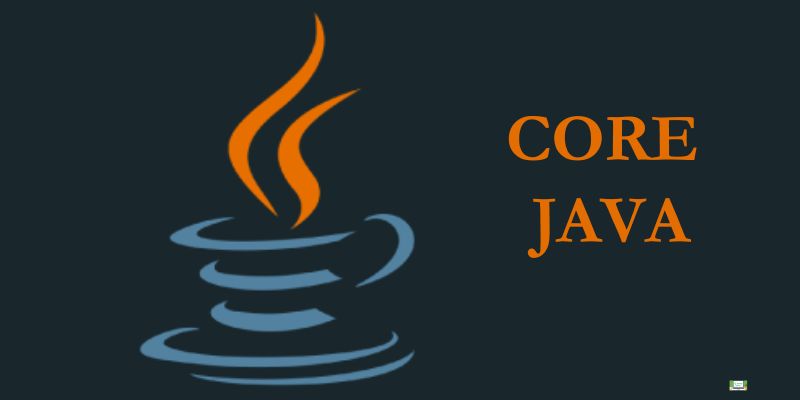In the world of software development, object-oriented programming (OOP) is a fundamental paradigm that revolutionized the way developers design and organize code. At the heart of Core Java lies the principles of OOP, which provide a powerful framework for building robust and scalable applications. At its core, object-oriented programming is a programming paradigm based on the concept of “objects.” An object is a self-contained entity that encapsulates both data (attributes or properties) and behaviors (methods or functions). In this blog, we’ll delve into what exactly object-oriented programming is in the context of Core Java. For those enthusiastic about mastering React JS, exploring Core Java Training Institutes in Chennai can provide the essential knowledge required to excel in developing top-notch applications.
Key Principles of Object-Oriented Programming
- Encapsulation: Encapsulation refers to the bundling of data and methods within a single unit, the object. This hides the internal state of an object and exposes only the necessary functionality through well-defined interfaces. In Java, encapsulation is achieved through access modifiers like public, private, and protected.
- Inheritance: Inheritance is a mechanism that allows a class (subclass or derived class) to inherit properties and behaviors from another class (superclass or base class). This promotes code reuse and establishes a hierarchical relationship between classes. In Java, inheritance is implemented using the extends keyword.
- Polymorphism: Polymorphism enables objects of different types to be treated as objects of a common superclass. This allows for flexibility and extensibility in code, as methods can be invoked on objects of different classes without knowing their specific types. In Java, polymorphism is achieved through method overriding and method overloading.
- Abstraction: Abstraction is the process of hiding complex implementation details and exposing only the essential features of an object. This allows developers to focus on what an object does rather than how it does it. In Java, abstraction is achieved through abstract classes and interfaces. The leading Best Core Java Training in Chennai provides extensive and current syllabi, ensuring students can proficiently create and deploy these components in their projects.
Implementing Object-Oriented Programming in Core Java
In Core Java, object-oriented programming is deeply ingrained into the language syntax and libraries. Classes and objects serve as the building blocks of Java programs, allowing developers to create modular and maintainable code. Let’s explore how some of the key principles of OOP are implemented in Core Java:
- In Java, classes encapsulate data and methods within a single unit. Access modifiers like public, private, and protected control the visibility of members, ensuring encapsulation and data integrity.
- supports single inheritance, where a subclass inherits properties and behaviors from a single superclass. This promotes code reuse and hierarchical organization of classes.
- Polymorphism in Java is achieved through method overriding and method overloading. Subclasses can override methods defined in their superclass, allowing for dynamic method dispatch at runtime.
- Java provides abstract classes and interfaces for abstraction. Abstract classes define incomplete methods that must be implemented by subclasses, while interfaces define a contract that classes must adhere to. Enhance your development skills by enrolling in Training Institutes in Chennai . With their expert guidance and industry-aligned curriculum, individuals can refine their abilities and advance their careers to new heights.
Object-oriented programming is a fundamental concept in Core Java that enables developers to build modular, maintainable, and scalable applications. By embracing principles such as encapsulation, inheritance, polymorphism, and abstraction, developers can create robust and flexible code that is easier to understand, maintain, and extend. Whether you’re a beginner or an experienced Java developer, understanding object-oriented programming is essential for mastering Core Java and building high-quality software.


